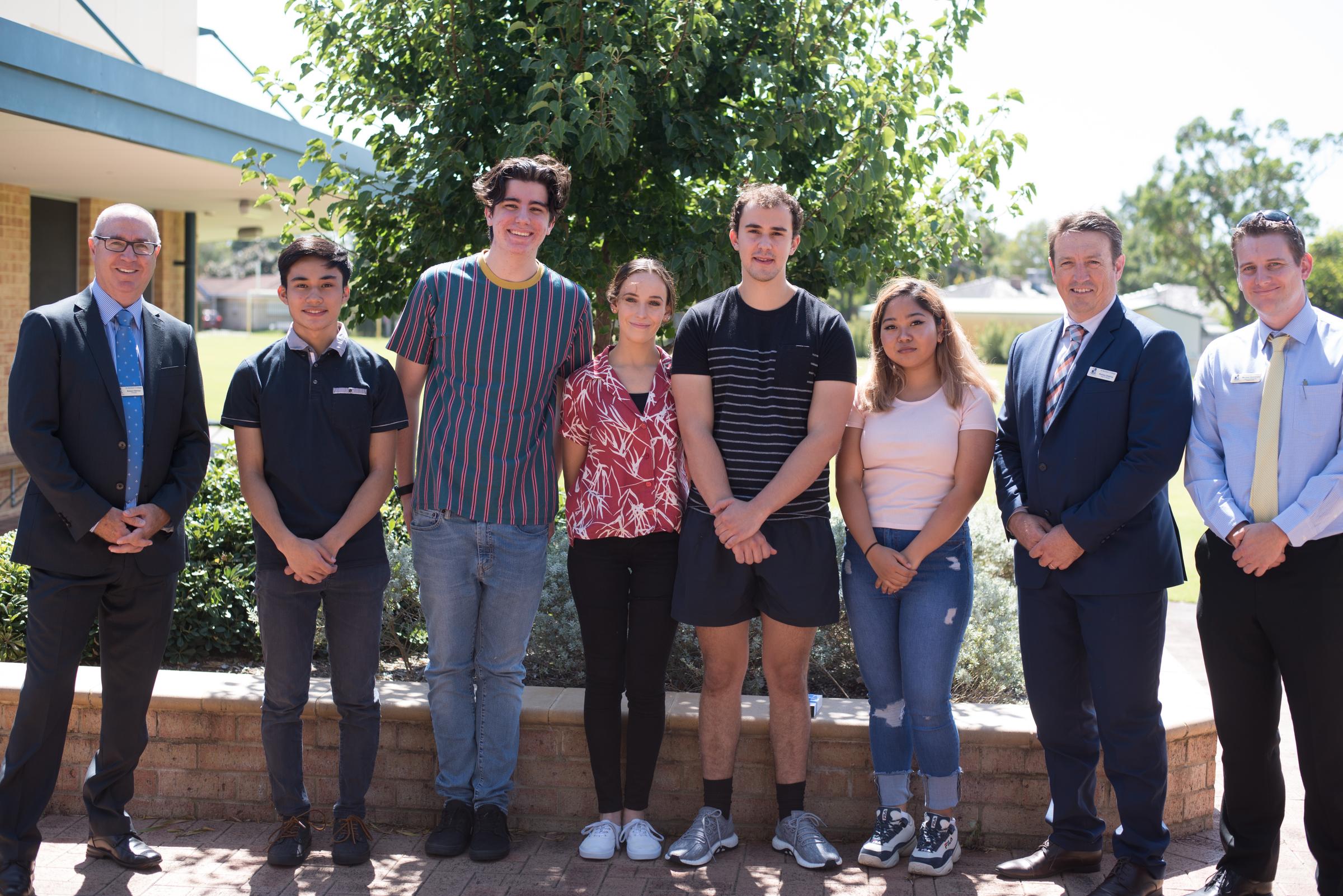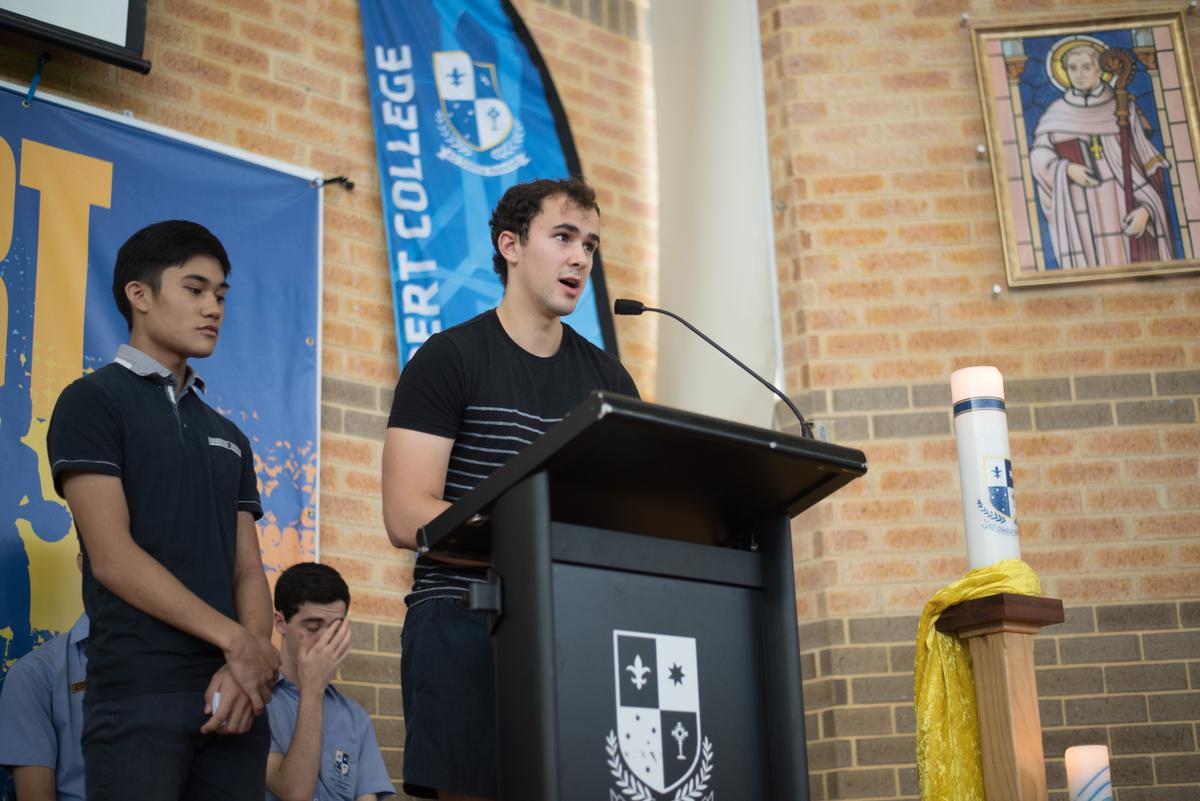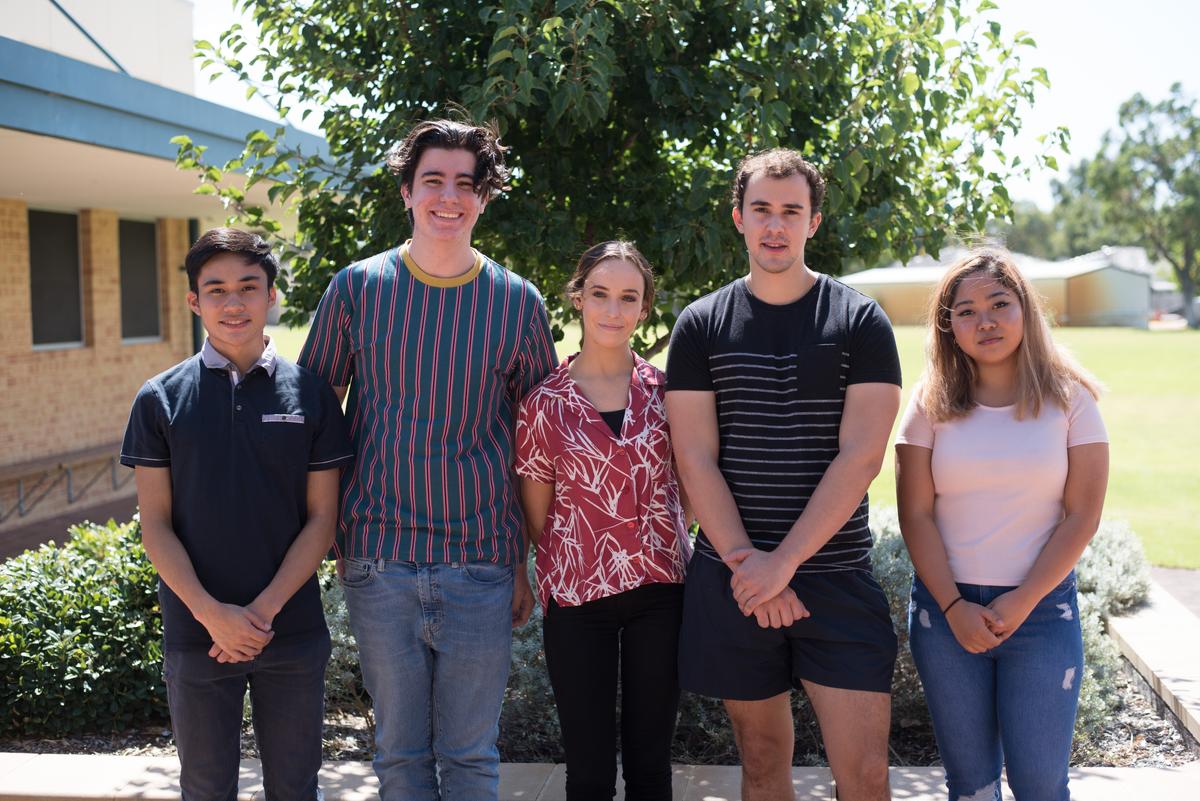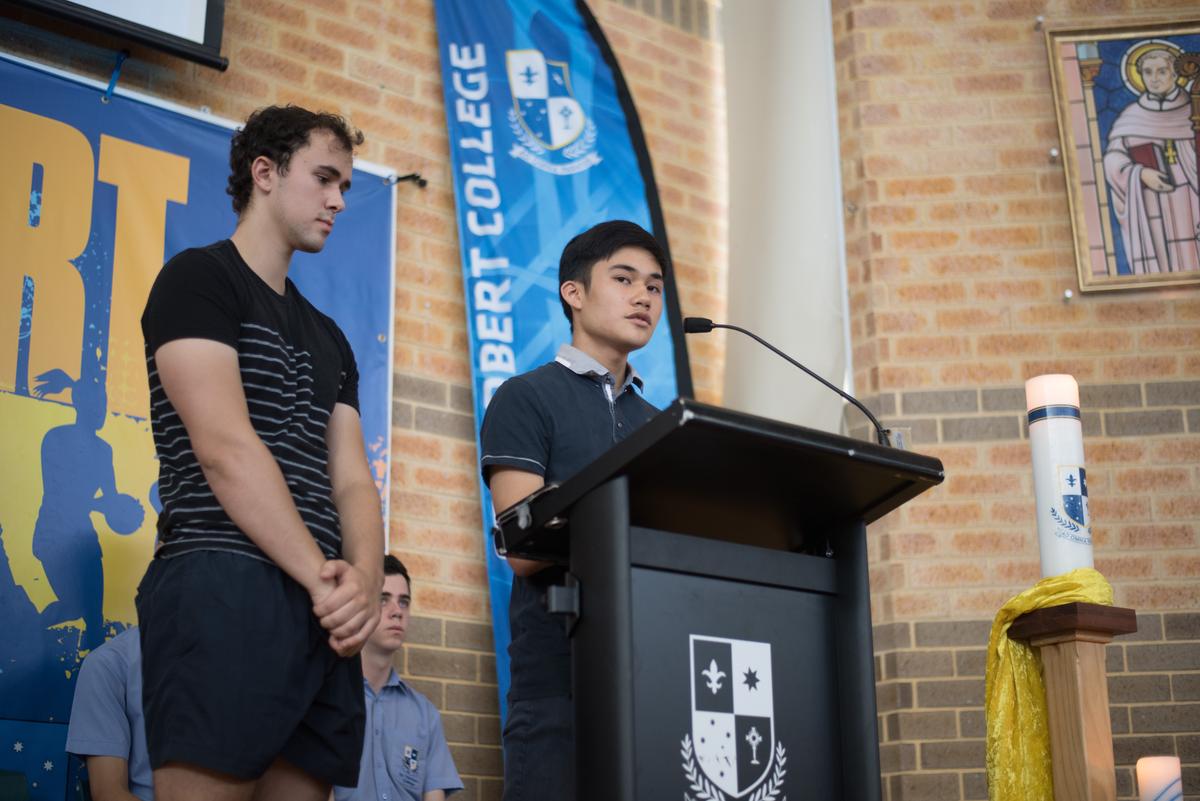Dean of Studies

Goals in Education
Professor Howard Gardner is a Professor of Cognition and Education at the Harvard Graduate School of Education, as well as an adjunct professor of psychology at Harvard University. He is regarded as an influential public intellectual in the world, as well as a distinguished academic with worldwide recognition. Professor Gardner is best known for his theory of multiple intelligences, that has criticised the notion of a single human intelligence that can be assessed.
Since the 1990s, Professor Gardner, in collaboration with other renowned psychologists, has directed 'The Good Project', a series of initiatives to promote excellence, engagement, and ethics in education, in order to prepare students to contribute to the overall wellbeing of society. His latest research is a large-scale national (USA) study of how different groups think about the goals of attending university and the value of courses of study that emphasise broad choices of study. The aim of the study is to provide valuable suggestions of how best to provide quality, non-professional higher education in the 21st century.
In Australia, the issues identified in Gardner’s research are similar, as universities and secondary schools are attempting to tackle the challenge of providing a broad (and holistic) education, while guiding students to achieve specialised training and knowledge in a pathway that may lead to a career of choice. A key finding of the study has classified the reasons why students choose to go to university under the following categories:
- Inertial - Those who see university as the expected next step after secondary school.
- Transactional - Those who see university as a stepping stone to a job, career, or a post-graduate course.
- Exploratory - Those who see university as a time to study new things and gain greater knowledge.
- Transformational - Those who see university as a chance to discover who you are and what you might become.
The Transactional category was often the highest ranked reason, although the study also highlights the conflict and disappointment that students experience when their parent’s reasons or expectations are different to their own.
The question then is to consider what is to be gained from the results of this study for secondary school students? The main consideration is for students (and their parents) to discuss with each other regarding their goals (for themselves and for each other) and the educational pathways that are available. Achieving a place in a university course can be achieved through other methods beyond the study of ATAR courses only.
The valuable conversation to have with your son or daughter is to discuss their areas of interest, what are they performing well in and what areas of their school effort require improvement. Following on from this, further discussions may develop to seek out the study, work or training opportunities that are available while enrolled at school and then beyond. The final stage is to develop specific goals to achieve these aims, for short-term and longer-term success.
Academic Achievement
The first College Assembly for the year was an opportunity to acknowledge the effort and achievement of students in 2018. We also congratulated the recent additions to the St Norbert College '95 Club'. Michael Hegney achieved an ATAR of 99.6 and received the Certificate of Distinction, which acknowledges a student who achieves an overall aggregate of 190-200 points in their last three consecutive years of Senior Secondary WACE enrolment. The points are accrued from 20 Year 11 and Year 12 units of which 10 are from Year 12. Michael was also awarded the Certificate of Excellence for (ATAR) Physics, and will commence his studies in Engineering at Curtin University shortly. In addition to this, Michael has been awarded a scholarship by Curtin University to the value of $15,000 towards his studies.
Linda Yeoh achieved an ATAR of 97.05 as well as being awarded the Certificate of Distinction, and in 2019 Linda will commence studies in Environmental Engineering at Murdoch University. Linda is the recipient of a scholarship for her studies as well. Faith Desmond achieved an ATAR of 95.7 and will commence her studies in Physiotherapy at Curtin University this year. The final member of the '95 Club' for the Class of 2018 is Ethan Ricafranca, who achieved an ATAR of 95.55 and will commence his studies in Pathology at the University of Western Australia.
The College also congratulates Aayushi Subba for the achievement of the VET Certificate of Excellence – Community Services, Health and Education. Aayushi was shortlisted and selected by an interview panel of industry experts and teachers as the top VET student in Western Australia in this industry area. This is an amazing achievement, and Aayushi will commence studies in Nursing at Murdoch University.
There were five students who achieved the Certificate of Merit, with an overall aggregate of between 150 and 189 points in their last three consecutive years of Senior Secondary WACE enrolment. The College congratulates the following students:
Bronwyn Brims: Bronwyn will commence studies in Fine Art at Curtin University in 2019.
Melisse Burgoyne: Melisse will be studying for her degree in Nursing at Edith Cowan University.
Michael McLevie: Michael will commence a Bachelor of Commerce at Curtin University in 2019.
Amy Murphy: Amy will be studying a double degree in Applied Geology and Finance at Curtin University
Ira Sanchez: Ira will be studying Journalism and International Relations at Curtin University.
Academic Honours
Academic Honours are presented to students who achieved an ‘A’ Grade average from their Top Eight (Units of Study) in Year 11, and the College recognised the achievement of this by the following students:
Chelsea Dato
Caitlin Farrelly
Mikayla Farrelly
Caris O’Hara
Aldric Ratnasekera
Dylan Wemyss
College Awards
The Academic Distinction is awarded to a student who has achieved an ‘A’ grade in nearly all subjects, while the Ad Omnia Paratus Award recognises the learning behaviours of a student, through the achievement of at least 85% of excellent ratings awarded by subject teachers in the attributes of: Application, Behaviour, Completion of Assigned Tasks and Organisation. In addition to this, the student maintains high standards of learning behaviour with all attribute ratings being higher than Satisfactory. The College congratulates all our award winners and affirms their effort to be the best they can be.
The Online Literacy and Numeracy Assessment (OLNA)
The Online Literacy and Numeracy Assessment will commence at St Norbert College on Tuesday March 5 through to Tuesday March 12. All students are required to demonstrate the minimum literacy and numeracy standards for the Western Australian Certificate of Education (WACE), and the School Curriculum and Standards Authority awards the WACE at the end of Year 12 to students who have met all the requirements.
Students who have achieved Band 8 or higher in any of the three components of reading, writing and numeracy in their Year 9 NAPLAN are acknowledged as having demonstrated proficiency in using a range of ACSF Level 3 skills in that component and will not be required to sit the corresponding OLNA test.
The OLNA is comprised of three components -Reading, Writing and Numeracy. Students are allowed 50 minutes for the Reading and Numeracy components and 60 minutes for the Writing. The table below provides an overview of the OLNA components for 2019:
Practice and Example Tests
These tests contain questions assessing skills from the Australian Core Skills Framework. The intention is not for schools to drill students on these tests as the skills, genres and prompts will differ between tests. None of the questions from the practice or example tests are included in the OLNA.
The practice test for each component is designed to enable students to become familiar with the test environment. It provides them with practice in using the test website functionality and to experience the types of questions that can be expected in the reading, writing and numeracy components of the OLNA. It includes a set of 20 multiple-choice questions for reading; a set of 20 multiple-choice questions for numeracy and one writing prompt. Students have 20 minutes to complete each component.
The example test provides an indicative sample of the diversity of skills assessed. Students can experience a complete assessment in the reading, writing and numeracy components. It includes a set of 45 multiple-choice questions for reading; a set of 45 multiple-choice questions for numeracy and one writing prompt. Students will have 50 minutes to complete the reading and numeracy components and 60 minutes to complete the writing component. The practice and example tests can be accessed by using the following web address: assess.scsa.wa.edu.au
username: olna
password: prac14
You can also direct enquiries to: olna@scsa.wa.edu.au.
Assessment Catch-Up
This year in an effort to ensure that students complete all assessments without interruption to their curriculum and lessons, the College will conduct after-school assessment catch-up sessions. These sessions will be supervised by members of the College Leadership Team and the Heads of Learning Area, and will be scheduled from Tuesday through to Friday (3:30pm - 4:30pm). When a student has missed an in-class assessment, they will be required to attend and complete their assessment upon return to the College at these sessions.
The College values student attendance, and the ability of teachers to complete marking and feedback in a timely manner. When a student is absent from an in-class assessment such as a test, the teacher will contact a parent or guardian to inform them of the absence and the date for the required assessment catch-up.
The College expectation is that a student attends the next scheduled assessment catch-up upon their return to the College (see table below), and the student's circumstances will be considered when scheduling the catch-up session. All long-term absences will require consideration by the teacher in discussion with the relevant Head of Learning Area.
Please note that the assessment catch-up does not currently apply to practical assessments, overdue assignments or examinations.
Mr R Dowling (Dean of Studies)



